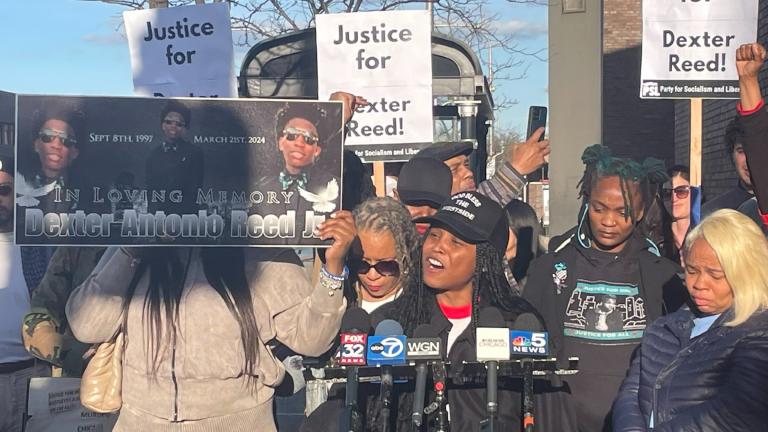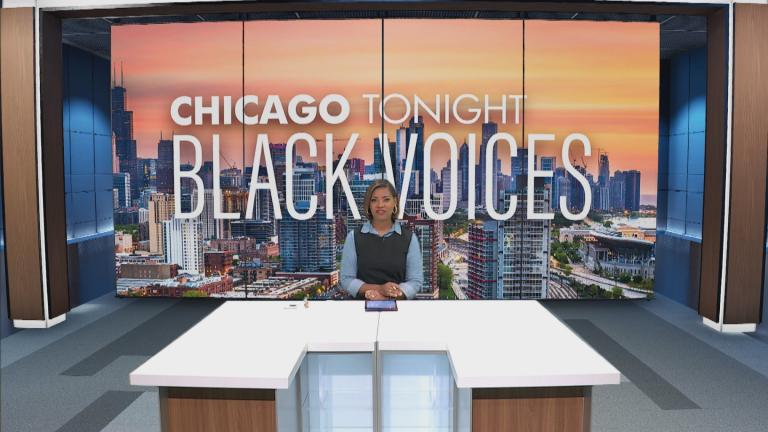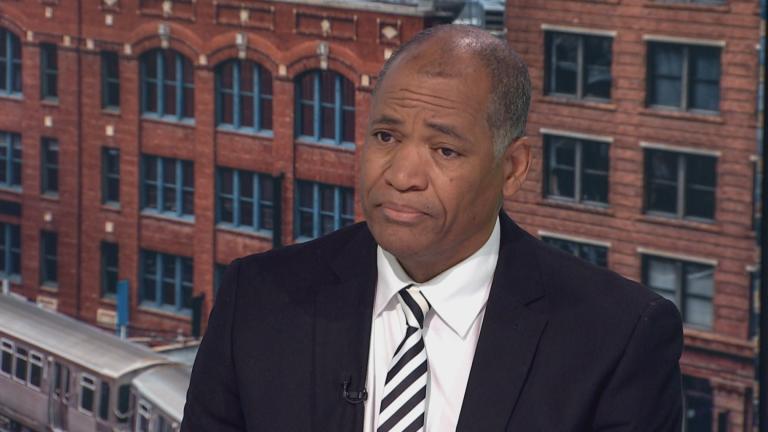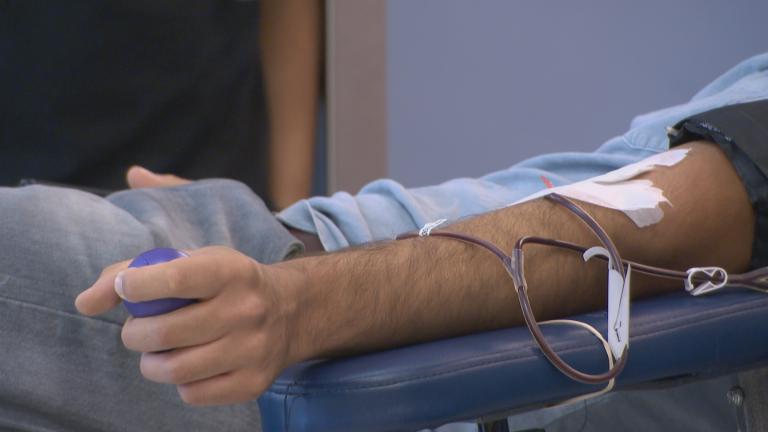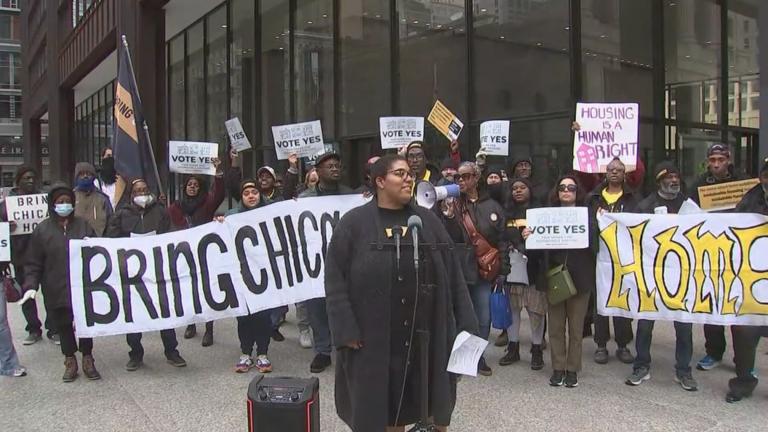The history of housing segregation. The latest from today’s Chicago City Council meeting. And a new book on the unraveling of America’s suburbs.
Black Voices
Author Benjamin Herold shares the story of five families, including the Adesina family in Evanston, in “Disillusioned: Five Families and the Unraveling of America’s Suburbs.”
The new docuseries uses firsthand accounts, archival footage and animation to better explain complex practices like redlining and blockbusting, and how Black families were systemically barred from homeownership.
A look at when Chicago police officers are allowed to use force. And community reaction to the police killing of Dexter Reed following the release of graphic body camera footage.
The footage of Chicago police officers firing 96 shots at Dexter Reed following a traffic stop has caused outrage with the city’s Black community and led to demands for change — and accountability — for the police officers involved.
Black artists and culture have shaped the country genre for generations, pulling from the melodies of Black hymns and incorporating African instruments like the banjo.
Anti-violence programs could be seeing more federal dollars. Exploring country music’s roots in Black culture. And the ex-chair of the state Prisoner Review Board speaks out after a tragic death.
“It’s one thing to say that I think the judgment was in error,” Donald Shelton said in an exclusive interview with WTTW News. “It’s another thing to say that there was a lack of concern for a victim of domestic violence.”
Chicago native Arionne Nettles pens a love letter to Chicago in her newest book titled, “We Are the Culture: Black Chicago’s Influence on Everything.”
Sickle cell disease affects about 5,000 people across Illinois — and it’s mostly impacting Black communities. While gene therapies have emerged to treat the disease, high costs can limit access.
Gentrification concerns in South Shore as Obama Presidential Center construction continues. Efforts to increase access to sickle cell disease treatment. And a new book celebrates Black Chicago’s influence.
Mayor Brandon Johnson doubles down on his progressive agenda. What’s next for the Bring Chicago Home campaign. And a peek at Steppenwolf’s new show before it’s even finished.
The play about a Black political Illinois family is brand new — so new that cast members didn’t even have a complete script when WTTW News sat down with them.
The ballot measure would give Chicago City Council the power to hike the Real Estate Transfer Tax on property sales over $1 million to help fight homelessness. The close race could point to some disagreement among Chicagoans over how to support the city’s unhoused.
The mayor’s new plans to address violence. What being named a cultural district could mean for two historic Black communities. And a new study shows Chicagoans are dying from cardiac arrests at a younger age.
While researchers haven’t yet pinpointed the cause for the decreasing age, they caution it indicates a need for awareness from both patients and responders.





